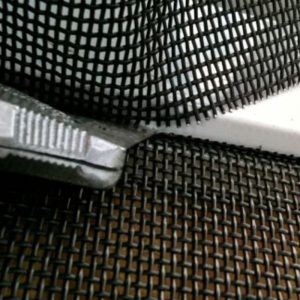
Window Screen Cleaning: Why It Matters More Than You Think
Window Screen Cleaning: Why It Matters More Than You Think When you think about home maintenance, what comes to mind? Mowing the lawn, cleaning the

Window Screen Cleaning: Why It Matters More Than You Think When you think about home maintenance, what comes to mind? Mowing the lawn, cleaning the

Gleam Dream: Your Ultimate Window Screen Cleaning Guide Are you tired of staring through dirty window screens, obstructing your view of the beautiful outdoors? Do

Repair Window Screen: Things to Look for in a Window Screen Repair Services Company Is your window screen in need of repair? Don’t worry, reliable
